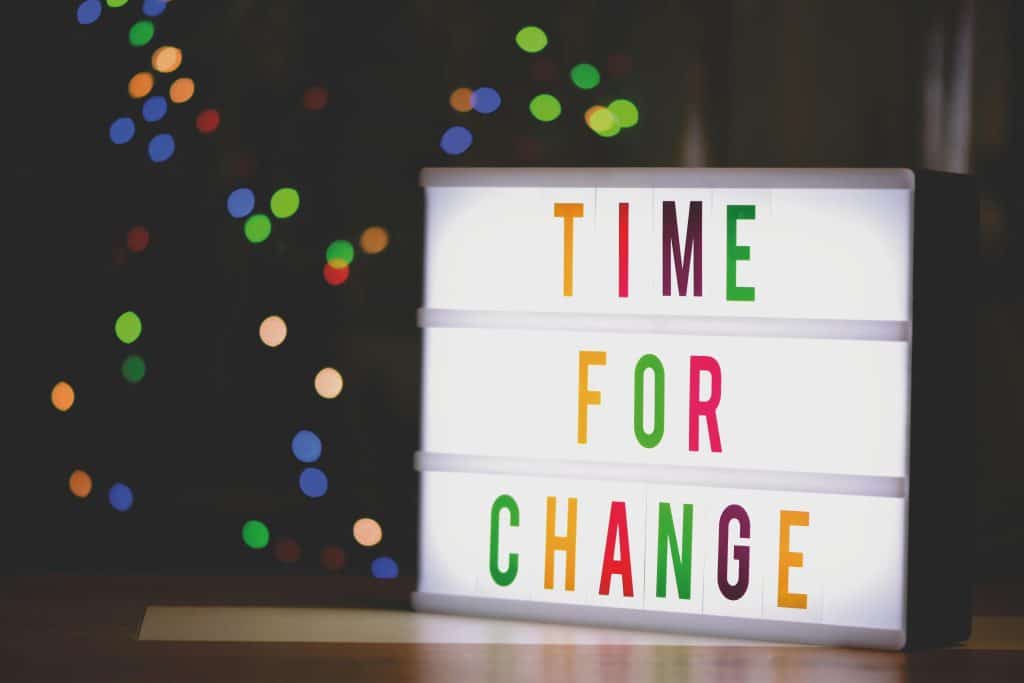In a world where rapid success stories often steal the spotlight, the true power of small wins is sometimes overlooked. However, understanding how small wins lead to big changes over time reveals a sustainable approach to growth and achievement. This concept is increasingly recognized across psychology, business, and personal development as a vital strategy to overcome overwhelm, build momentum, and create lasting results.
This article explores why focusing on small wins is a hot topic in productivity and mindset circles today, highlights emerging research supporting this approach, and offers practical guidance on leveraging small wins to drive significant change.

Why Understanding How Small Wins Lead to Big Changes Over Time Is Essential
The idea that small wins can accumulate into substantial progress is rooted in psychological research and real-world success stories. Harvard psychologist Teresa Amabile’s work demonstrates that small wins boost motivation, increase confidence, and create a positive feedback loop that fuels further progress.
Moreover, modern productivity frameworks like Atomic Habits by James Clear emphasize the compound effect of tiny daily actions as a path to achieving major goals. This focus on incremental progress aligns with growing awareness that sustainable change rarely happens overnight.
Emerging Trends Around Small Wins in Work and Life
1. Micro-Tasking in Digital Productivity
One current trend is the rise of micro-tasking, breaking down large projects into tiny, manageable tasks. Apps like Todoist and Notion encourage users to create small, actionable items, making progress visible and less intimidating.
This shift aligns with research showing that completing small tasks increases dopamine levels, enhancing motivation.
2. Agile Methodologies and Incremental Delivery
In software and product development, Agile practices emphasize iterative progress through sprints and incremental deliverables. This approach embodies how small wins lead to big changes over time, improving adaptability and reducing burnout.
The success of Agile in various industries highlights a broader cultural move towards valuing steady, incremental achievement over sporadic breakthroughs.
3. Mental Health and Motivation
In mental health circles, celebrating small wins is recognized as a critical technique for combating anxiety and depression. Therapists encourage clients to acknowledge minor successes to rebuild self-esteem and foster resilience, underscoring the psychological benefits of this practice
How Small Wins Lead to Big Changes Over Time: The Science Behind the Process
Building Momentum and Motivation
Small wins provide immediate, tangible evidence of progress. This feedback loop boosts motivation by making goals feel achievable. When people experience success, even in tiny doses, their brain releases dopamine—a neurotransmitter linked to pleasure and motivation—fueling further action.
Reducing Overwhelm and Increasing Focus
Large goals can be daunting, often leading to procrastination. Breaking them down into small wins reduces overwhelm and clarifies the next step, helping maintain consistent focus and effort over time.
Reinforcing Positive Habits and Behavior Change
Repeatedly achieving small goals strengthens neural pathways associated with the desired behavior. Over time, these small habits become automatic, creating lasting change without relying on willpower alone.
Practical Ways to Harness Small Wins for Lasting Impact
1. Set Clear, Measurable Mini-Goals
Instead of vague aims like “get fit,” set specific, small targets such as “walk 10 minutes daily.” Clear metrics make it easier to track progress and celebrate wins.
2. Use Visual Tracking Tools
Journals, checklists, or apps can help visualize progress. Seeing a streak of completed tasks encourages continuation and provides a sense of accomplishment.
3. Celebrate Each Success
Acknowledging small victories, even privately, reinforces motivation. Celebrate wins by taking a moment to reflect, sharing with others, or rewarding yourself in small ways.
4. Break Large Projects into Small Tasks
Apply micro-tasking to daily work. Instead of “write a report,” focus on “outline introduction” or “draft key points,” making progress less intimidating.
5. Practice Patience and Consistency
Recognize that big changes come from consistent, small efforts over time. Avoid rushing or seeking quick fixes; trust the process.
Real-Life Examples of Small Wins Leading to Big Changes
- Fitness Journeys: Many successful fitness transformations started with just 5 minutes of exercise daily, progressively increasing duration and intensity.
- Business Growth: Startups often achieve success by releasing minimal viable products (MVPs) and iterating based on small feedback loops.
- Learning New Skills: Language learners gain fluency by practicing a few new words daily rather than overwhelming themselves with large lessons.
Conclusion
Understanding how small wins lead to big changes over time is an essential mindset shift in today’s fast-moving world. Embracing incremental progress reduces stress, builds momentum, and encourages lasting habits. Whether applied in personal development, workplace productivity, or mental health, focusing on small wins creates a reliable pathway toward meaningful change.
References
- Amabile, T., & Kramer, S. (2011). The Power of Small Wins. Harvard Business Review. https://hbr.org/2011/05/the-power-of-small-wins
- Clear, J. (2018). Atomic Habits: An Easy & Proven Way to Build Good Habits & Break Bad Ones. https://jamesclear.com/atomic-habits
- Psychology Today. (2023). The Science Behind Small Wins. https://www.psychologytoday.com/us/blog/the-moment-youth/202303/the-science-behind-small-wins
- American Psychological Association. (2023). Small Wins in Mental Health. https://www.apa.org/news/press/releases/2023/01/small-wins-mental-health










 Embracing Simplicity in a Complex World
Embracing Simplicity in a Complex World 

